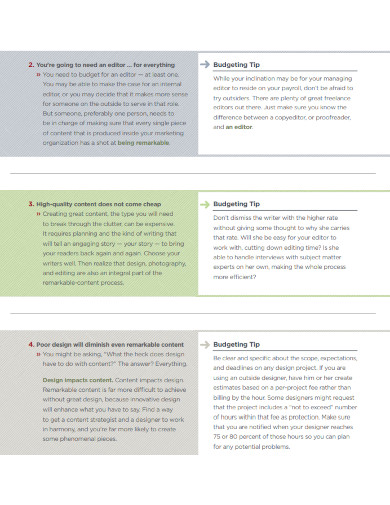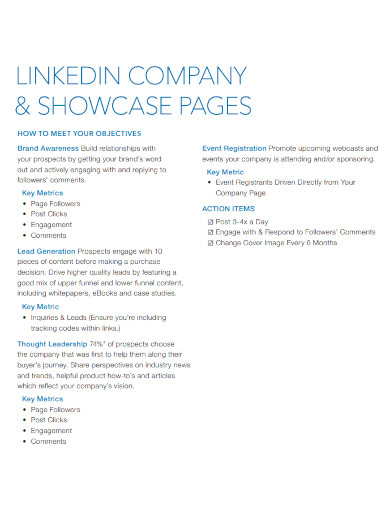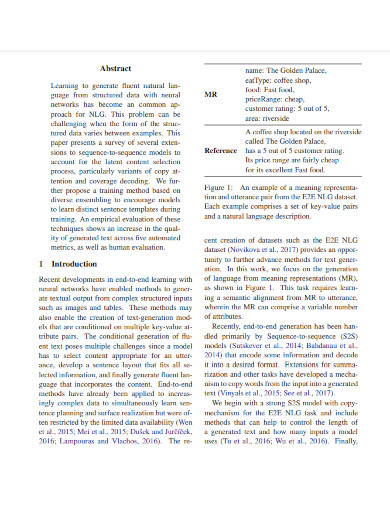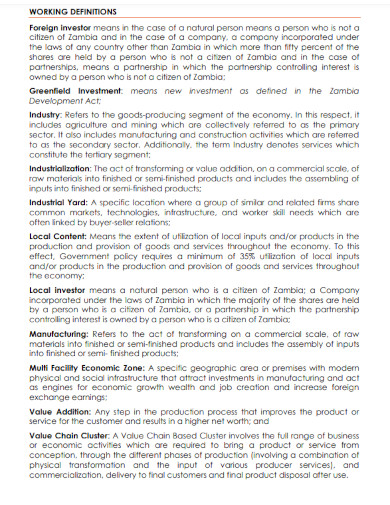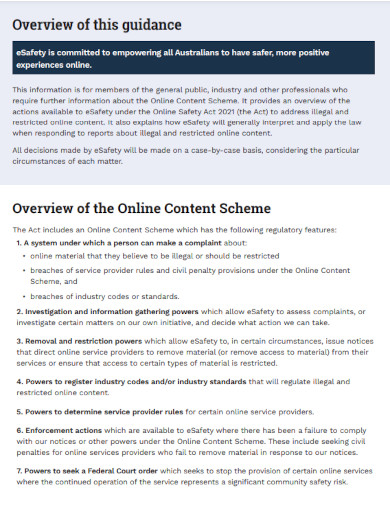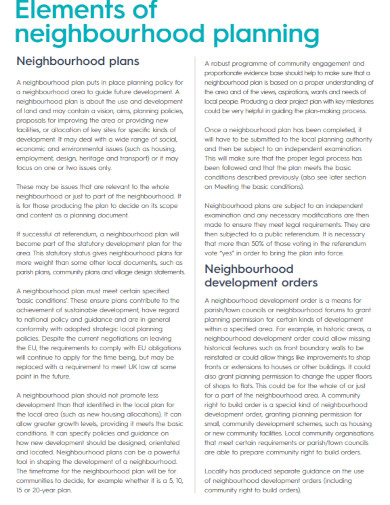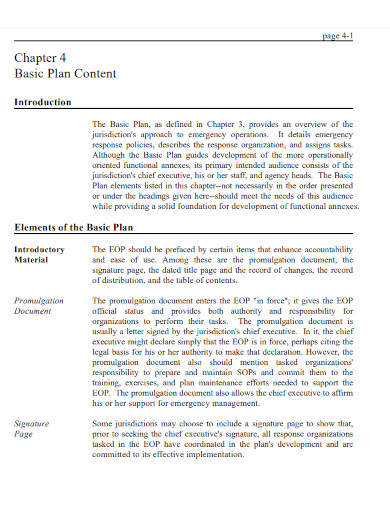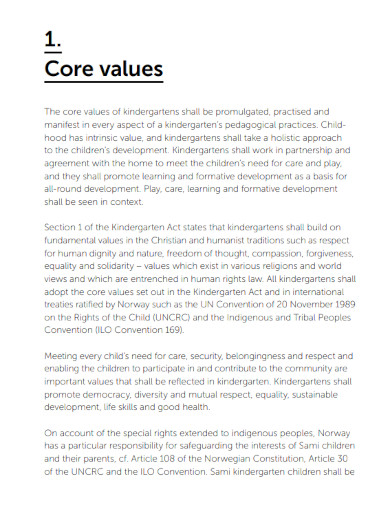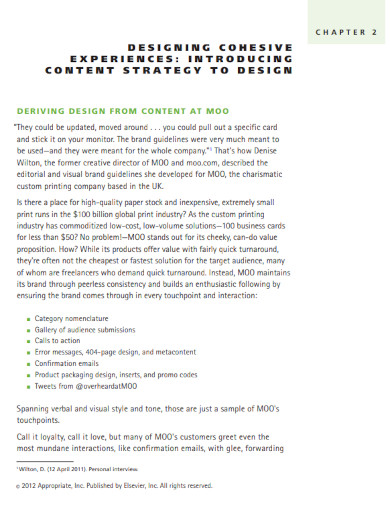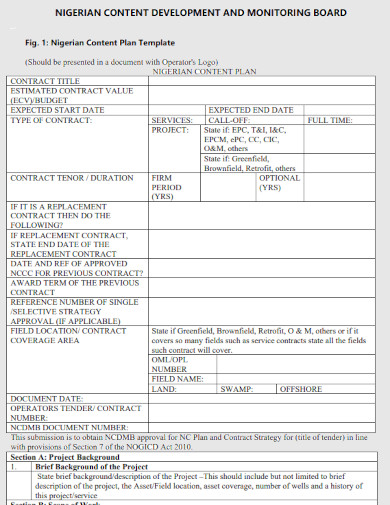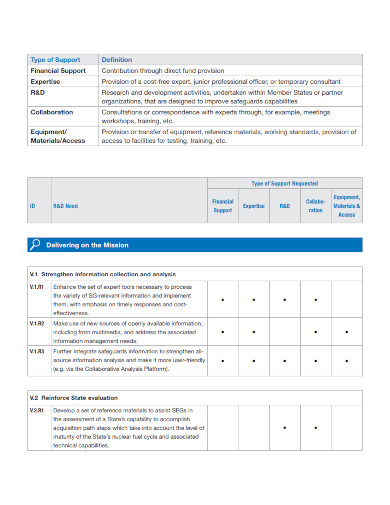One component of an effective marketing project is the continual production of content that is engaging. When you plan out your content, it is much simpler for your teams to work together to develop content and distribute that material. A solid content plan can assist you in creating content that will generate traffic and sales reports. Long after you’ve published it, a single piece of popular content — no matter what form it takes — can continue to generate conversation. You’ll also be able to tackle crucial business goals with the assistance of content planning, such as developing a capital budget or making request proposals for resources. Because you will know what you require to create and distribute your content, you can quickly avoid incurring excessive fees or delays.
10+ Content Plan Samples
1. Content Marketing Plan
2. LinkedIn Content Marketing Tactical Plan
3. End-to-End Content Plan
4. National Local Content Plan
5. Online Content Scheme Plan
6. Neighbourhood Content Plan Roadmap
7. Basic Plan Content
8. Framework Content Plan for Kindergartens
9. Content Strategy Plan at Work
10. Nigerian Content Plan Template
11. Research and Development Content Plan
What Is Content Plan?
A content plan details the kind of content you intend to produce and the standards. Your content plan will specify who is in charge of creating the content, the reason for creating the content, and how the material will affect your overall content and marketing strategy. Your marketing promotion will benefit from using content and marketing strategies, which will also help you target potential marketing clients at every point of their buyer journey. The plan incorporates all aspects of content creation, including but not limited to blogging, white paper writing, and research and tracking related to SEO services. Your content plan will coincide with your content level and scale as you grow your content marketing budget.
How To Make a Content Plan?
You’ll also be able to tackle crucial business initiatives with the assistance of content planning, such as developing a budget or making requests for resources. Because you will be aware of what you require to create and distribute your content, you can avoid incurring excessive fees or delays quickly. So, to get started, you can follow the steps below.
1. Goal Setting
Your capacity for clear vision is of the utmost importance when it comes to the process of building a content plan for your website. A detailed image offers you a standard against which you may evaluate your ideas and determine whether or not they are successful. Beginning with a clear and specific target will help you clarify what you need to focus on and how quickly you can attain what you desire.
2. Determine Target Audience
If the intended audience is not determined, the content planning may be in vain. It is a complete waste of time and resources to spend time and money preparing things only to discover that the individuals you are targeting are not interested in what you offer. Before moving on to the content development phase, it is best practice to determine the intended audience and center the material on the likes, dislikes, needs, and requirements of that audience.
3. Thorough Research
Include a section in your content plan that describes the findings of your analysis of the competition. Conducting a competitive research will help you find ways to differentiate your business from others in your industry and discover and fill any gaps in the products or services you now provide.
4. Select Your Content
You need to determine the perfect platforms for you to use in order to produce content on a regular basis. Posts on social networking platforms, video material, blogs, newsletters, infographics, podcasts, and other forms of media are examples of some of the most popular distribution methods. Determining which platform is most suitable to serve as your beginning point or primary source of material is the most important step.
What characteristics define an effective content plan?
A content strategy is a plan that outlines how you will use content (whether it be audio, visual, or textual) to advance your organization’s objectives.
Why it’s important to plan your content?
Planning for your content not only helps alleviate some of the day-to-day stressors that a social media professional faces but also helps you plan your long-term business goals.
What are the five fundamental components of a content marketing strategy?
For a Content Marketing strategy to be successful, it needs to contain these five essential components: audience personas, brand positioning, owned media value proposition, business case, and action plan.
Developing a relationship with your company’s ideal customers can be facilitated through the use of content that your business has created. You can address their concerns and engage in conversation with many other customers. When you show potential clients that you value them without expecting anything in return, they are likelier to take your advice and suggestions to heart.
Related Posts
FREE 10+ Meeting Planner Samples in PDF
FREE 10+ Course Planner Samples in PDF
FREE 8+ Calendar Planner Samples in PDF
FREE 10+ Cute Workout Planner Samples in PDF | MS Word | Apple Pages
FREE 10+ Financial Planner Samples in PDF | MS Word | Apple Pages
FREE 10+ Digital Planner Samples in PDF | Apple Pages | MS Word
FREE 7+ Year Life Plan Samples in PDF
FREE 6+ 7 Day Weekly Planner Samples in PDF
FREE 50+ Project Planner Samples in PDF | MS Word
FREE 50+ Planner Samples in PDF | MS Word
FREE 10+ Menu Planner Samples in PDF
FREE 10+ Training Planner Samples in PDF
FREE 6+ Bill Planner Samples in PDF
FREE 8+ Birthday Planner Samples in PDF
FREE 10+ Yearly Planner Samples in PDF | MS Word | Apple Pages

